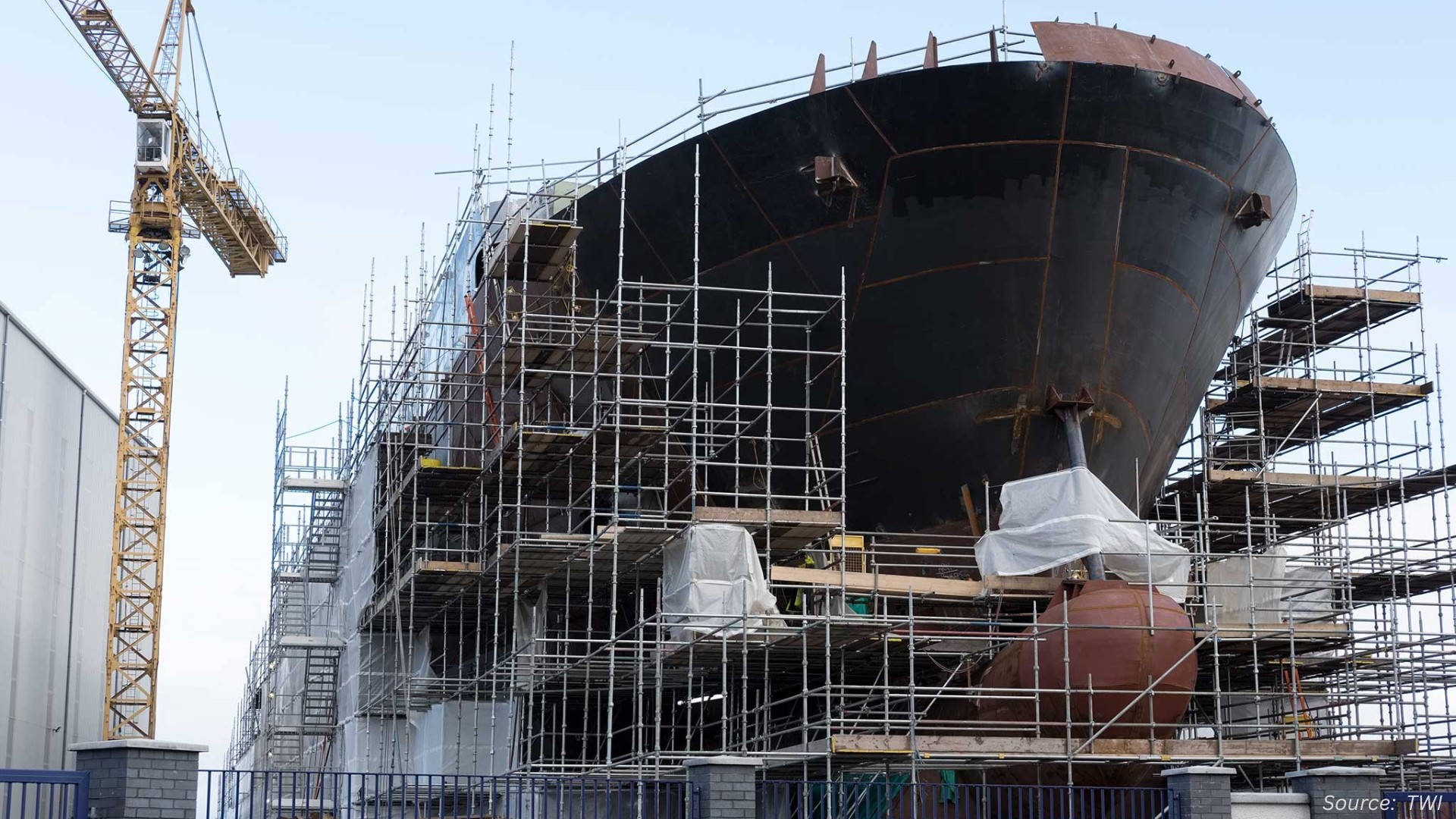Boeing’s P-8A Poseidon Delivery to Germany Heralds New Era in Maritime Defense
Published: 2025-07-02

As global maritime security faces evolving challenges, Boeing’s upcoming delivery of the first P-8A Poseidon maritime patrol aircraft to Germany in August 2025 marks a pivotal advancement in the nation’s naval capabilities. This milestone is set to modernize Germany’s submarine-hunting and reconnaissance operations.
A Strategic Upgrade for the German Navy
For decades, the German Navy has relied on its aging fleet of P-3C Orion aircraft for maritime patrol duties. The introduction of the P-8A Poseidon, a state-of-the-art platform manufactured by Boeing, will replace the aging P-3C Orion fleet stationed at Naval Air Wing in Nordholz, Lower Saxony, offering enhanced performance and cutting-edge technology.
The Bundeswehr has ordered a total of eight P-8A Poseidons through the U.S. Foreign Military Sales (FMS) program, with the initial contract for five aircraft signed in June 2021 and an additional three approved by the German Parliament in November 2023. This rapid procurement process highlights Germany’s urgency to address emerging maritime threats and modernize its naval aviation capabilities.
Advanced Capabilities for Modern Challenges
The P-8A Poseidon, built on the reliable Boeing 737 platform, is equipped with advanced sensors and communication systems, making it a global leader in maritime patrol. Its key features include:
-
Cutting-Edge Sensor Suite: Advanced radar and sonobuoy systems for precise submarine detection and tracking.
-
Self-Protection System: Designed to counter infrared-guided missiles, ensuring operational resilience.
-
Global Operational Provenance: Over 160 P-8A aircraft are in service worldwide, operated by nations including the United States, Australia, India, South Korea, New Zealand, Norway, and the United Kingdom.
The aircraft’s latest configuration, tailored for the Bundeswehr, enhances its ability to conduct anti-submarine warfare, maritime reconnaissance, and search-and-rescue missions, positioning Germany to address complex security dynamics in the region.
Production Milestones and Delivery Timeline
The first German P-8A Poseidon has already received its official Bundeswehr livery at Boeing’s Seattle facility, complete with national insignia. Following this, the aircraft will undergo rigorous functional system checks, including engine and hydraulic tests, before being transferred to Boeing Defense, Space & Security for final military modifications. The delivery schedule remains on track, with the first aircraft set to arrive in August 2025.
Strengthening Germany’s NATO Membership Framework
The P-8A Poseidon offers unique multimission aircraft capability and is the only aircraft in service and in production able to meet the full range of maritime challenges faced by European nations. With the P-8A, Germany will be able to leverage full integration and interoperability with NATO nations in the region.
Additionally, the P-8A offers significant capability to meet Germany’s collective defense obligations as part of Germany’s NATO membership and commitment to EU defense and security, including the maritime domain.
NATO has enhanced its defence posture in the Baltic Sea to counter increasing hybrid threats—strategically ambiguous attacks just below the threshold of war, such as sabotage of critical undersea infrastructure. The region, vital for maritime trade, energy transmission, and undersea cables, has witnessed a surge in attacks: at least 11 undersea cables were damaged in the past 15 months, raising deep concerns about deliberate sabotage by state and non state actors.
In response, NATO launched an Action Plan in July 2024, followed by the opening of a joint headquarters in Rostock in October 2024, and established a dedicated “Critical Undersea Infrastructure Coordination Cell.” These efforts aim to shift NATO from reactive to deterrent action—detecting threats early, reassuring regional populations, and ensuring readiness to repel hybrid aggression from the outset.
NATO’s deterrence strategy in the Baltic Sea hinges on continuous military presence and heightened situational awareness. With key naval groups SNMG1 and SNMCMG1, the Alliance conducts joint exercises like BALTOPS and Baltic Sentry to strengthen hybrid and multi-domain readiness. Through the 2023 Digital Ocean initiative, NATO boosts maritime awareness by integrating real-time data, cyber tools, and seabed mapping to connect military and civilian actors in a unified operational view.
Industry Impact and Future Outlook
The delivery of the P-8A Poseidon to Germany has garnered significant attention within the defense sector, with analysts noting its potential to redefine maritime patrol standards in Europe. As a proven platform with 172 aircraft delivered or in service, the P-8 has logged more than over 660,000 flight hours globally.
With this milestone, Boeing reinforces its role as a trusted partner in global defense, delivering cutting-edge solutions to meet the evolving needs of its allies. The P-8A Poseidon’s arrival in Germany not only strengthens national security but also solidifies the nation’s role within NATO.
Source: https://defence-industry.eu/boeing-to-deliver-first-p-8a-poseidon-maritime-patrol-aircraft-to-germany-in-2025/
Prepared by: Next Move Strategy Consulting
















Add Comment